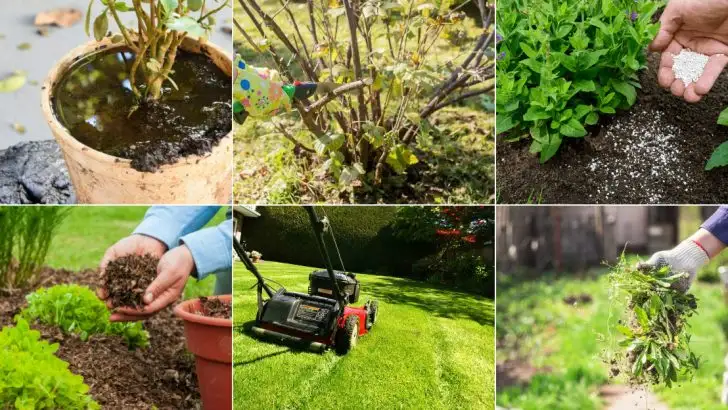More isn’t always better. In fact, it’s often just… extra. Your garden isn’t a needy toddler—it doesn’t want constant attention. But it does want the right attention at the right time. And that’s where things usually go sideways. Some chores we smother with love. Others we completely ghost until it’s way too late. Either way, the result is the same: a yard throwing a silent tantrum. So let’s fix the balance. You don’t need more effort—you just need smarter timing. Less watering, more weeding. Fewer fertilizer binges, more deadheading finesse. We’re breaking down the most overdone and underdone garden habits— because your plants deserve better, and frankly, so do you.
Watering Daily
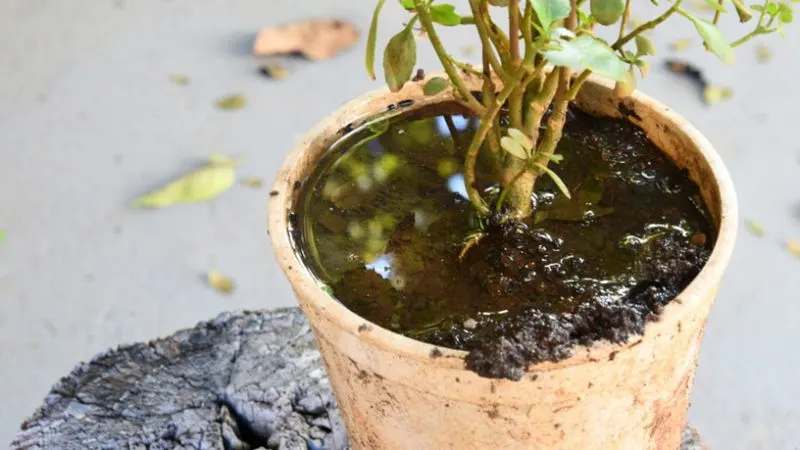
Watering your plants daily may seem like a nurturing act, but it often leads to waterlogged roots. Most plants thrive when watered deeply but less frequently. This encourages roots to grow deeper, making them more drought resistant. Consider adjusting your schedule to water every few days, allowing the soil to dry slightly between sessions. This technique not only conserves water but also promotes healthier plant growth. By observing your plants and checking soil moisture, you can develop a more intuitive watering routine. Remember, overwatering is a common mistake that can drown your beloved flora.
Pruning Too Often
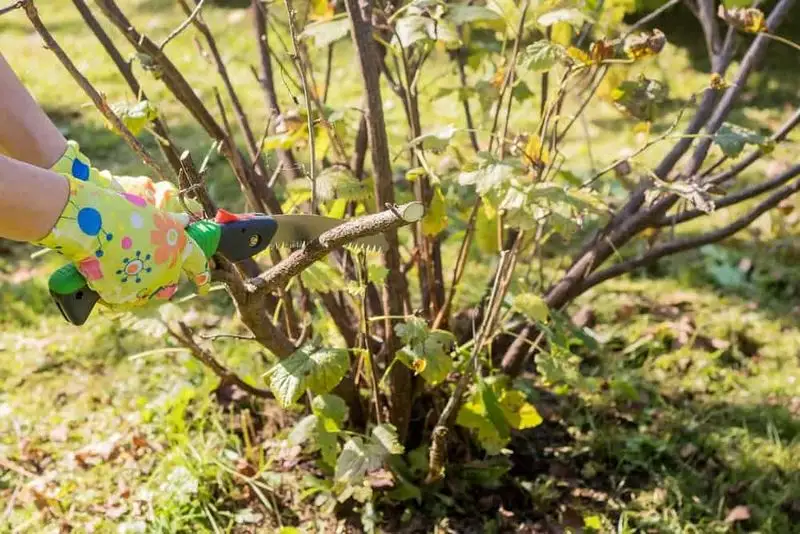
Pruning is essential but doing it too frequently can stress plants and inhibit bloom production. Consider timing your pruning to the natural growth cycles of your plants. This ensures that you’re not cutting off buds before they have a chance to bloom. Instead of frequent trims, focus on removing dead or diseased branches. This approach nurtures healthy growth and maintains the natural shape of the plant. By understanding the specific pruning needs of different species, you can avoid the pitfalls of over-pruning and enjoy a more vibrant garden.
Fertilizing Excessively
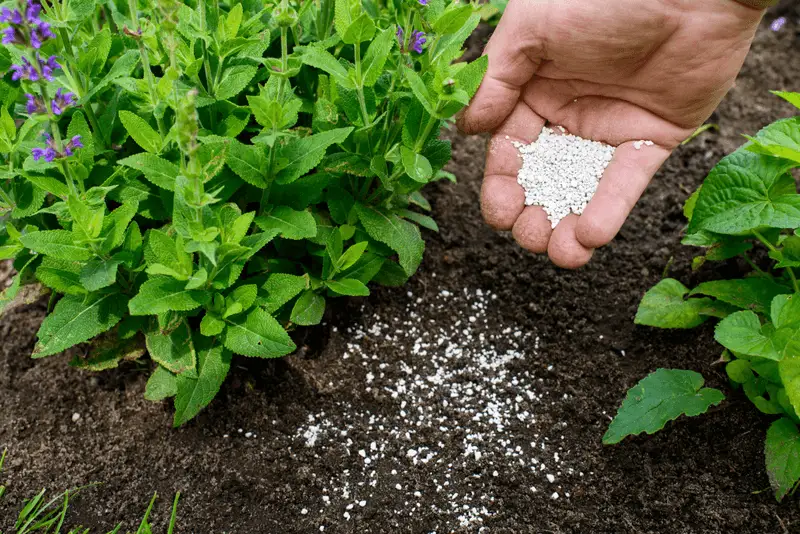
Fertilizing your garden is crucial for plant health, yet overdoing it can cause more harm than good. Excessive fertilization leads to nutrient burn and disrupts soil life. To strike a balance, test your soil to understand its nutritional needs. Applying fertilizer once or twice a season is often sufficient. This keeps the nutrient levels balanced and supports sustainable growth. By choosing the right type of fertilizer and applying it judiciously, you can protect your plants from the adverse effects of over-fertilization and promote a thriving ecosystem.
Over-Mulching
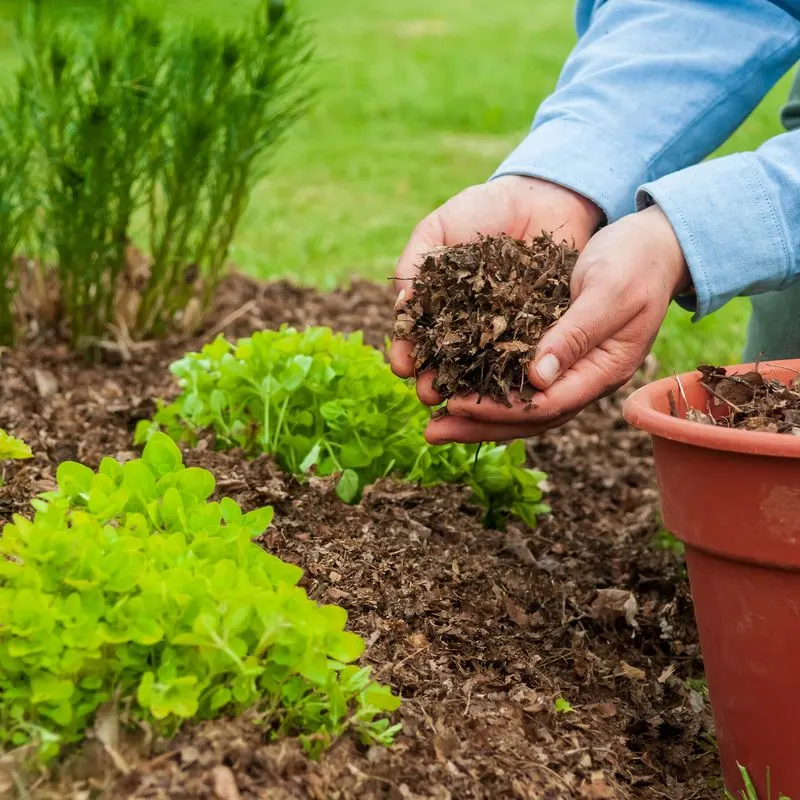
Mulching is a gardener’s friend, but too much can be detrimental. A thick layer may trap moisture against plant stems, leading to rot. Aim for a two to three-inch layer, keeping mulch away from the base of plants. This allows air circulation and prevents moisture problems while retaining soil temperature and suppressing weeds. By moderating your mulch application, you can enjoy its benefits without the drawbacks. Consider different mulch types that suit your garden’s needs and embrace this practice with a balanced approach.
Frequent Lawn Mowing
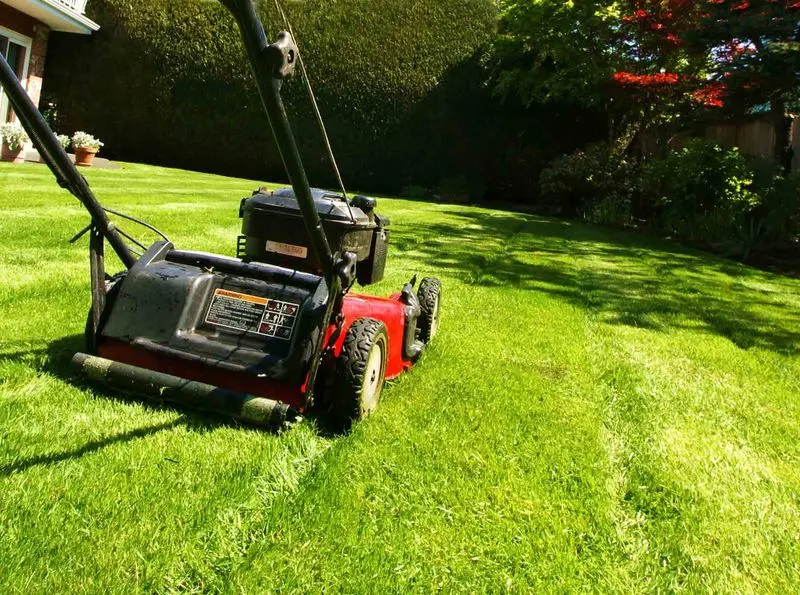
Regular mowing keeps your lawn tidy, but cutting too often can stress grass. Allow your lawn to grow a bit longer between cuts to encourage root growth and a healthier lawn. Longer grass shades the soil, conserving moisture and reducing weed growth. By adjusting your mowing schedule and setting your mower blades higher, you can foster a more resilient lawn. This not only saves time but also contributes to a vibrant, lush yard. Remember, a little patience with your grass can lead to big rewards.
Weeding Obsessively
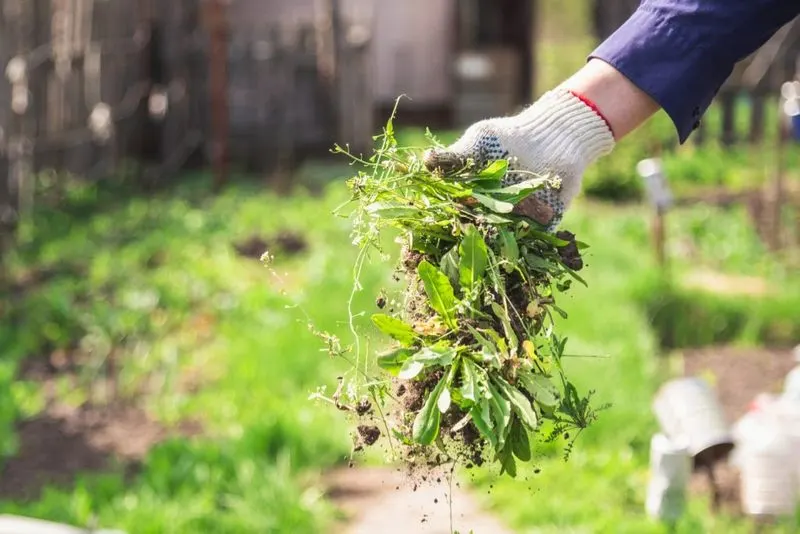
It’s tempting to weed constantly, but excessive weeding can disturb the soil and harm beneficial microorganisms. Instead, focus on strategic weeding, removing weeds before they seed and using mulch to suppress growth. By allowing some weeds to coexist, you can actually support biodiversity and soil health. Adopting a mindful weeding strategy helps maintain balance and reduces the time spent on this chore. By understanding which weeds are truly problematic, you can enjoy a harmonious garden without the need for obsessive weeding.
Overusing Pesticides
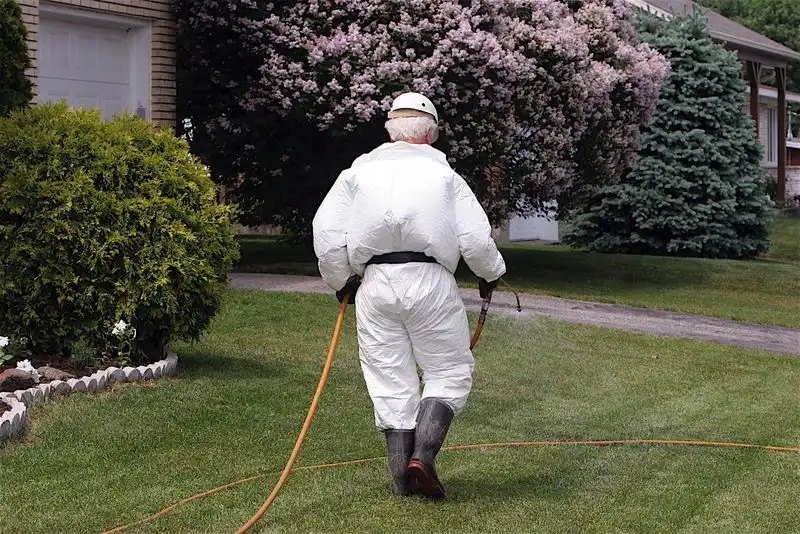
Pesticides can save plants from pests, but their overuse harms beneficial insects and the environment. Consider using pesticides sparingly and exploring natural alternatives like neem oil or insecticidal soap. Integrated pest management strategies can keep pests in check without relying heavily on chemicals. By fostering a balanced ecosystem, you can reduce the need for pesticides and encourage natural predators to thrive. This approach not only protects your plants but also supports pollinators and other beneficial creatures in your garden.
Frequent Soil Tilling
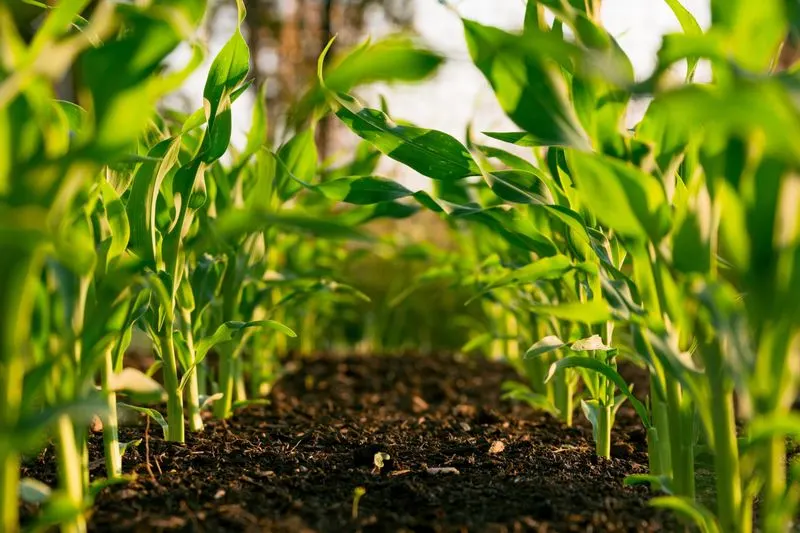
Tilling improves soil aeration but doing it too often can harm soil structure and organisms. Instead, practice minimal tillage and embrace no-till gardening techniques. By avoiding frequent disturbances, you preserve soil health and foster a thriving ecosystem underground. Cover crops and organic matter can enhance soil fertility naturally. Adopting a gentler approach to tilling promotes long-term soil health and reduces erosion. Discover the benefits of less intensive soil management and see your garden flourish with life and vitality.
Overplanting

Filling every inch of soil with plants may seem efficient, but overcrowding leads to competition for light, nutrients, and space. Give your plants room to grow by following recommended spacing guidelines. This encourages healthy growth and reduces the risk of disease, as better air circulation prevents moisture build-up on leaves. By planning your garden layout with space considerations, you can create a harmonious environment where plants thrive without fighting for resources. Enjoy a more aesthetically pleasing and productive garden by avoiding the pitfalls of overplanting.
Skipping Soil Testing

Neglecting soil testing means missing out on vital information needed to nurture your garden. Soil tests reveal nutrient levels and pH balance, guiding your fertilization and planting decisions. By testing your soil annually, you gain insights that help optimize plant health and growth. This task prevents over-fertilization and nutrient deficiencies, promoting a balanced ecosystem. Embrace soil testing as a foundational gardening practice and watch your garden transform with healthier and more productive plants.
Infrequent Compost Turning

Compost piles benefit from regular turning to speed up decomposition and prevent odors. By turning your compost every few weeks, you introduce oxygen and improve microbial activity. This practice results in rich, nutrient-dense compost ready to nourish your garden. Don’t let your compost sit idle; embrace the rhythm of regular maintenance to achieve the best results. The simple act of turning can transform your composting efforts and provide your plants with the sustenance they crave.
Underwatering

Watering less frequently may conserve water, but inconsistent watering can stress plants. Ensure your garden receives regular hydration, especially during dry spells. By observing your plants and adjusting your schedule, you can provide the moisture they need to thrive. Mulching and drip irrigation systems can help maintain consistent soil moisture. By striking a balance between conservation and plant needs, you promote healthier growth and resilience against drought conditions. Embrace a mindful watering routine that supports your garden’s well-being.
Neglecting Deadheading
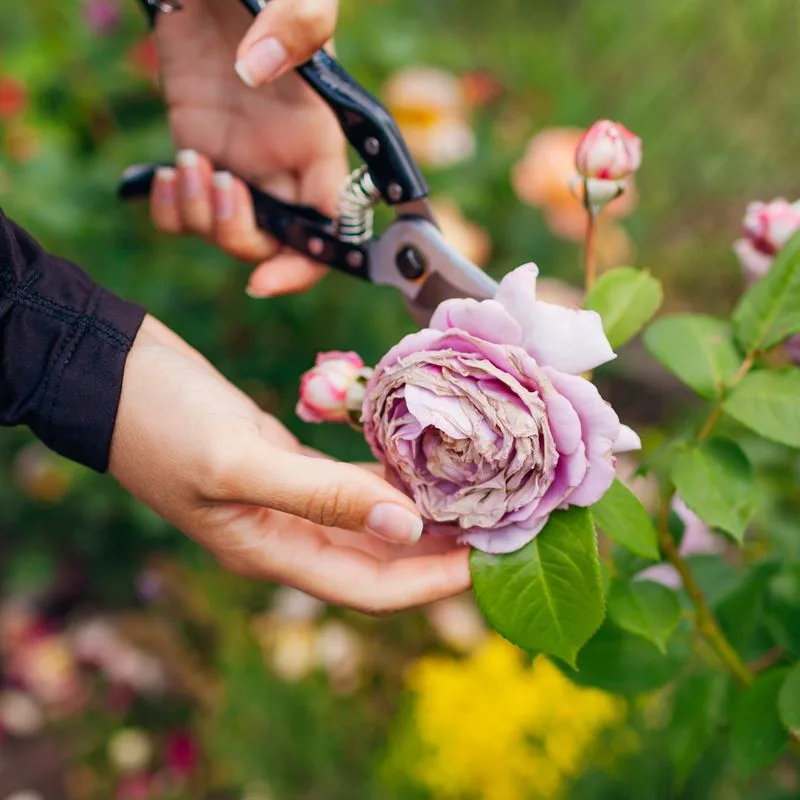
Deadheading spent blooms encourages new growth and prolongs flowering. By removing faded flowers, you redirect energy towards producing fresh blooms. This simple task can transform your garden, keeping it vibrant and full of color. Make deadheading a regular part of your gardening routine to enjoy continuous blooms and prevent plants from going to seed prematurely. This practice not only enhances the garden’s aesthetic appeal but also supports overall plant health.
Rarely Adding Organic Matter
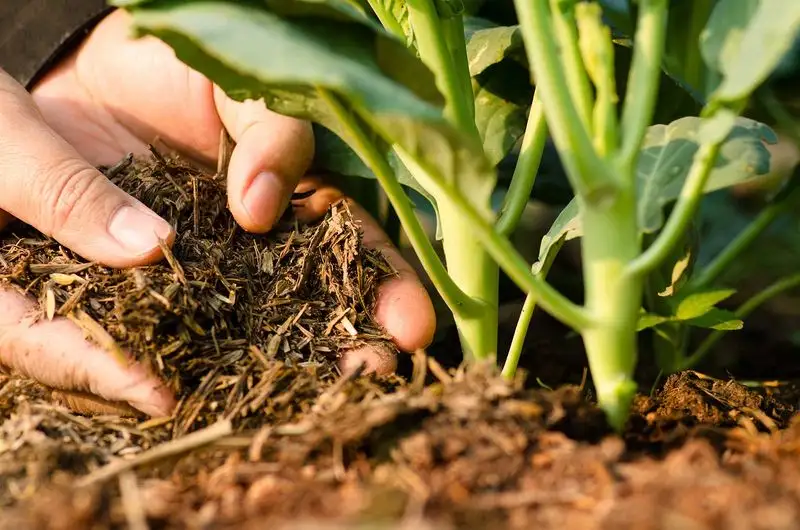
Regularly enriching soil with organic matter boosts fertility and supports plant health. If neglected, soil can become depleted and less productive. By adding compost or well-rotted manure annually, you improve soil structure and fertility. This practice enhances water retention and promotes a thriving ecosystem of beneficial organisms. Don’t overlook the importance of nourishing your soil; it forms the foundation for robust plant growth.
Neglecting Pest Monitoring

Regular pest monitoring can prevent infestations from becoming unmanageable. By checking plants weekly for signs of pests or damage, you can take swift action before problems escalate. Introducing beneficial insects or using organic deterrents can control pest populations naturally. An attentive eye and proactive measures will protect your garden from harmful invaders. Embrace pest monitoring as a routine task and enjoy peace of mind knowing your plants are safeguarded.
Ignoring Seasonal Planting
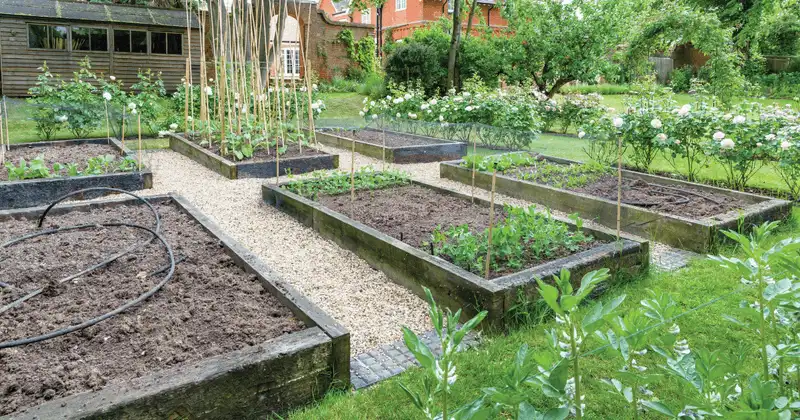
Seasonal planting aligns with nature’s rhythms, ensuring plants thrive in optimal conditions. Ignoring this leads to poor growth and wasted effort. By understanding your region’s climate and planting calendar, you time your sowing and harvesting for success. This knowledge helps you select the right varieties and makes the most of each season’s potential. Align your gardening efforts with nature and watch your garden flourish with vitality and productivity.
Rarely Cleaning Tools

Regular tool cleaning extends their lifespan and prevents disease spread in your garden. By cleaning and sharpening tools after use, you maintain their efficiency and hygiene. This practice prevents rust and keeps cuts clean, reducing plant stress. Make tool maintenance a regular chore, and enjoy the ease and effectiveness it brings to your gardening tasks. A well-kept tool is a gardener’s best ally.
Resisting Crop Rotation

Crop rotation prevents soil depletion and reduces pest buildup. By changing plant locations each season, you balance nutrient demands and disrupt pest cycles. This practice enhances soil health and boosts yields, offering a sustainable approach to vegetable gardening. Don’t resist the benefits of crop rotation; embrace this strategy to revitalize your garden year after year. It’s a simple way to ensure that your plants remain vigorous and productive.

